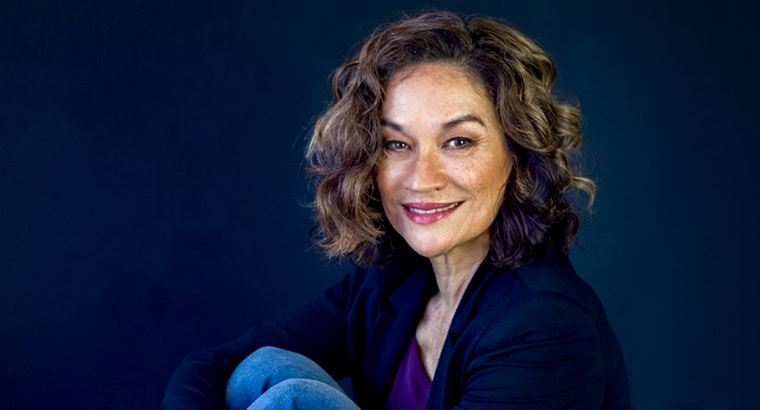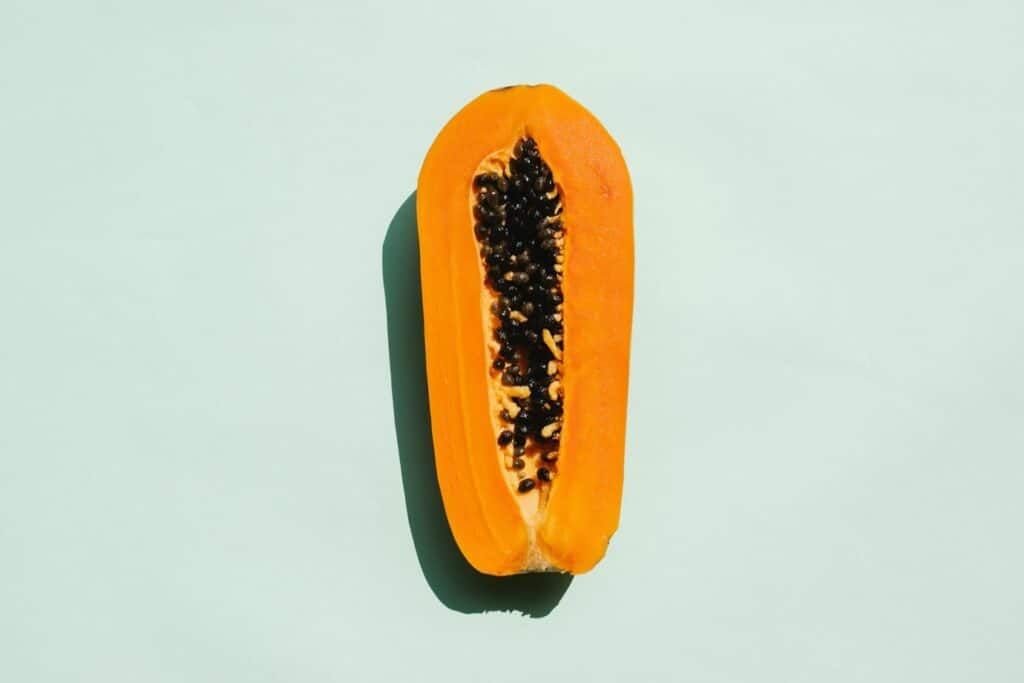Porn and the ‘online world’ are having a significant impact on young people’s anxiety and shame around their vulva and labia, according to new research.
Released today by Women’s Health Victoria, the findings show an alarming number of Gen Z and millennials reported putting off visiting their GPs for pap smears and sexual and reproductive health concerns because they were embarrassed about the appearance of their labia.
People also reported putting off sex with their partner as well as negative impacts towards their mental health and relationships.
The research in the Real Bodies: Understanding and Celebrating Labia Diversity report includes a nationally representative YouGov survey of more than 1000 Australians with labia, aged between 18 and 50.
It coincides with the launch of the refreshed Labia Library: an award-winning, pioneering Australian health resource with a mission to destigmatize women’s vulva and labia, and encourage conversation around how diverse these body parts are.
Almost one quarter of women aged 18-25 report feeling anxious, embarrassed or unhappy about the appearance of their labia, which can have damaging impacts on their physical, mental and sexual health and wellbeing.
One in ten survey respondents (the equivalent of more than half a million women) say they have had or have considered having labiaplasty, which is one of the fastest growing cosmetic procedures amongst young people in Australia and worldwide.
A common form of female genital cosmetic surgery (FGCS), labiaplasty involves the removal or altering of tissues from the labia – the folds of skin that sit on either side of a person’s vaginal opening. However, the procedure has significant risks and has not been proven to help with body image, sexual satisfaction or self-esteem.
“The reality is, more than half of all people with vulvas have visible, or protruding labia minora, and many have labia that are asymmetrical,” says Labia Library ambassador Dr Melissa Kang, a practicing medical doctor for marginalised young people, particularly on adolescent sexual health, an award-winning author and the longest-serving expert behind the iconic Dolly Doctor column.

“The labia are such an incredibly important body part, protecting the urinary opening, the vaginal opening and the clitoris. They’re also full of nerve endings that play an important role in sex,” said Dr Kang.
“What we need to talk about more, especially with young women and girls (cis and trans inclusive), is how labia are diverse and unique, and come in all different shapes, sizes and colours.”
“And really emphasise to young people, including boys and young men, that there is actually no medical definition of what ‘normal’ labia look like because there simply is ‘no normal’.”
Online pornography is heavily contributing to the problem, according to experts and medical professionals. Performers’ labia are often airbrushed, filtered and even surgically altered.
Almost one in five (19 per cent) of Gen Zs surveyed said they obtain their information on what their genitals ‘should look like’ through porn, and almost a third obtain it from social media.
Almost half (46 per cent) of those who said they had considered labiaplasty said their decision was influenced by what they had seen in mainstream porn or social media.
“When we fail to provide sex and relationships education that includes the true diversity of human bodies it’s no wonder young people assume the genitals they see in porn are the norm,” said Libby Payne, a 24-year-old respectful relationships and consent advocate, participated in the Labia Library’s 2024 advisory panel.
“While there is great porn that can boost self-confidence and pleasure, there is still a lot out there that can be damaging.”

On the positive end of survey results, a third of respondents aged 18-50 said they feel happy, confident and associate their labia with words such as ‘pleasure’, ‘healthy’ and ‘protection’.
More than a fifth (22 per cent) who had considered labiaplasty said this was due to pain or discomfort. And three in 10 (30 per cent) who had given birth vaginally, said that this experience positively impacted how they feel about their vulva and labia appearance.
Women’s Health Victoria are calling for better education amongst GPs and doctors about labia diversity.
Currently, vulva and labia diversity isn’t covered in GP training, and medical texts used in training for GPs and health professionals in training show a single stereotypical representation of a vulva and labia.
The organisation also encourages integration of education on vulva diversity into relationship and sexuality education (RSE) in all schools, faster progress on the Australian Government’s regulation of young people’s access to online pornography and more realistic depictions of bodies in public health campaigns.



